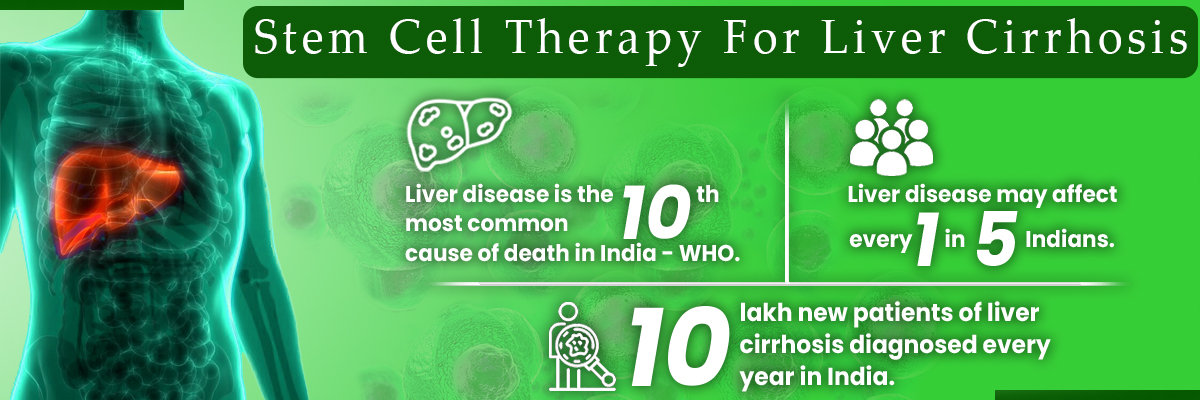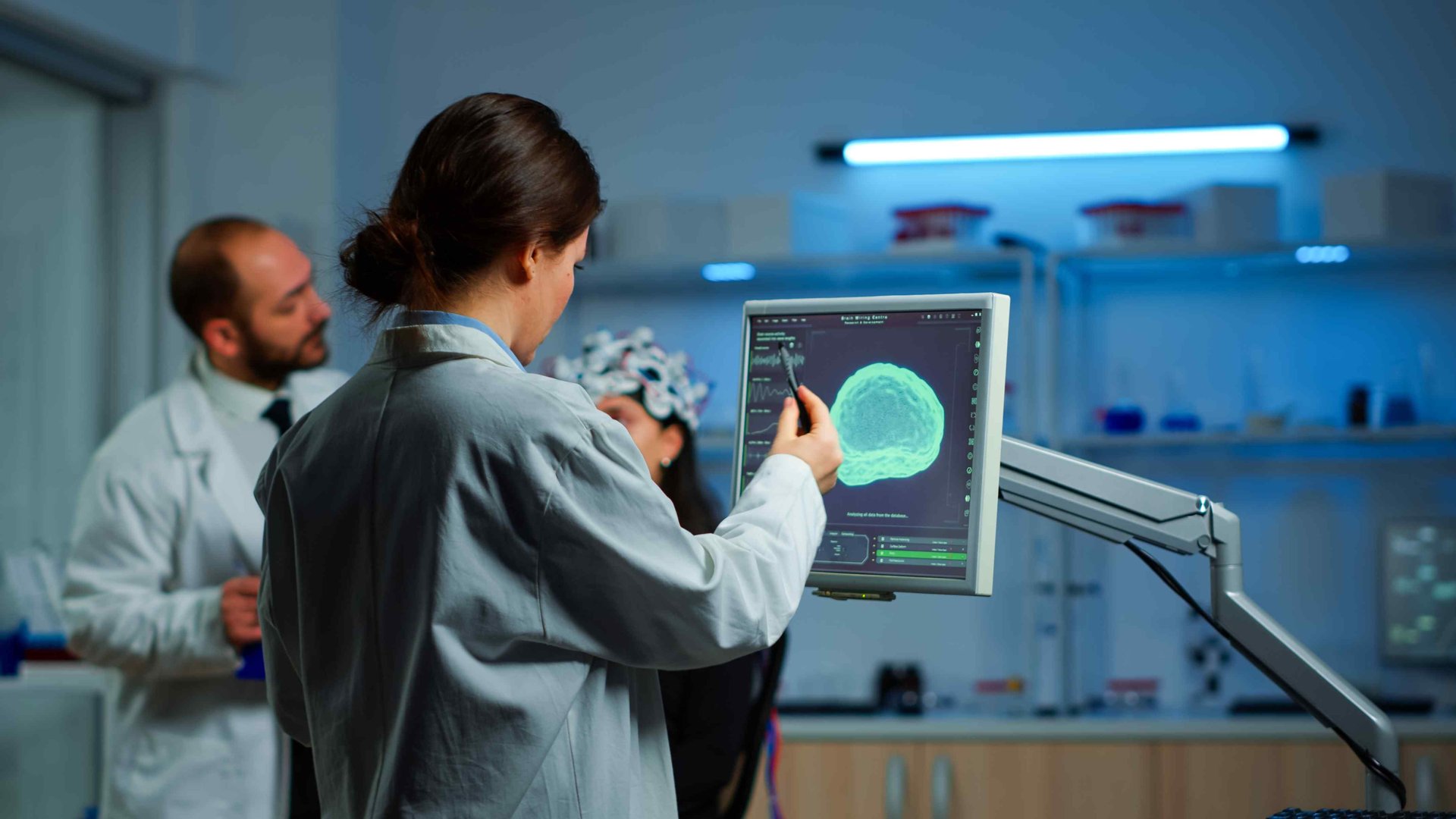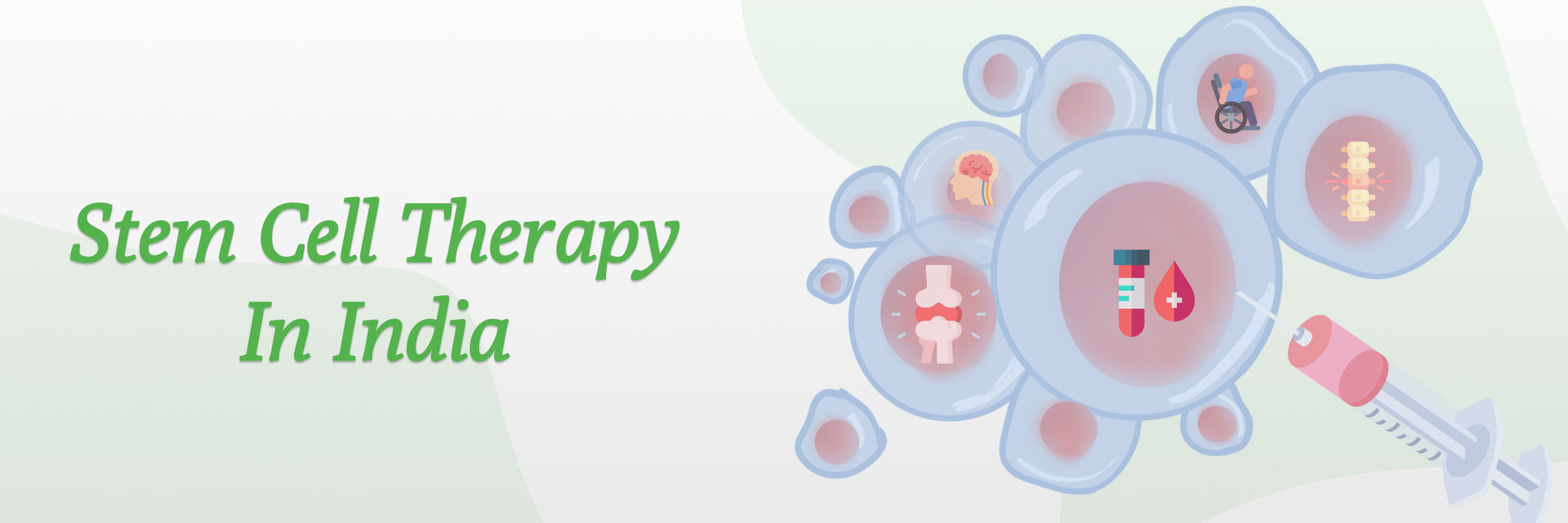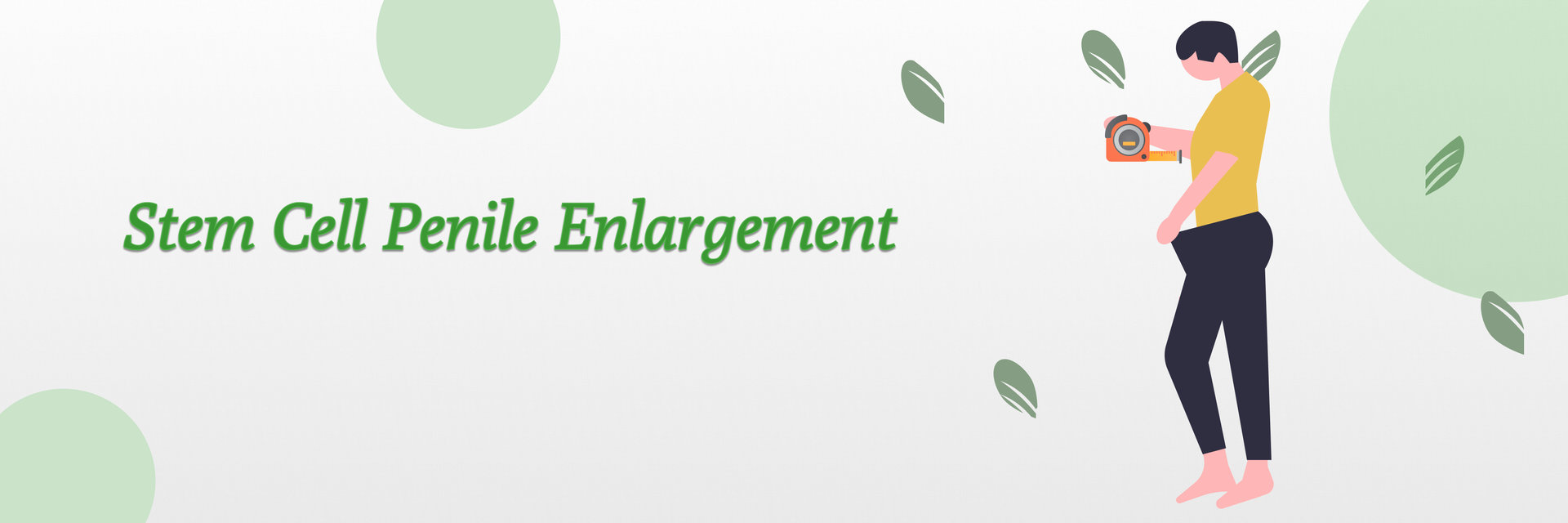Overview:
Cartilage damage is a common health issue affecting millions globally, leading to joint pain, reduced mobility, and a significant drop in quality of life. In India, cases of joint problems are increasing due to aging, sedentary lifestyles, and a surge in sports injuries. According to recent reports, over 15 million people in India suffer from knee osteoarthritis, prompting many to seek advanced alternatives to surgery—like stem cell therapy for joint pain.
One of the most promising developments in regenerative medicine is stem cell therapy for cartilage regeneration. This cutting-edge approach aims to restore damaged cartilage, providing relief for individuals struggling with chronic joint conditions. In this article, we’ll dive into the science, benefits, and availability of cartilage repair stem cell treatment in India.
Ready to Explore a Non-Surgical Solution for Joint Pain? Enquire now to connect with leading stem cell therapy centers in India and take the first step toward pain-free mobility. Book online doctor consultation on our platform in minutes.

Understanding Cartilage and Its Importance
Cartilage is a smooth, rubbery tissue found in joints, the nose, and the ear. It acts as a cushion between bones and helps joints move smoothly. Unfortunately, cartilage doesn’t heal easily because it lacks blood supply. That’s where stem cell therapy offers new hope.
Can Stem Cells Regrow Cartilage?
Yes, stem cells—particularly mesenchymal stem cells (MSCs)—have shown significant promise in regenerating cartilage tissue. These powerful cells can differentiate into chondrocytes, the specialized cells that form and maintain cartilage. When introduced into a damaged joint, stem cells:
- Encourage new cartilage growth by replacing worn-out tissue
- Modulate the immune response to reduce inflammation
- Support healing by releasing bioactive proteins and growth factors
Several clinical studies have demonstrated improvement in pain levels, mobility, and joint function, especially in conditions like knee osteoarthritis and cartilage tears.
However, stem cell therapy for cartilage repair is still considered experimental in many countries, including the U.S. While it is widely available in countries like India, ongoing clinical trials are assessing its long-term safety and effectiveness.
How Does Stem Cell Therapy for Cartilage Repair Work?
Stem cell therapy is typically performed using MSCs derived from bone marrow, fat tissue, or umbilical cord blood. These cells are introduced into the joint through injections and work by:
- Cartilage Repair & Regeneration
MSCs transform into chondrocytes, which are the specialized cells that produce new cartilage tissue. This helps rebuild worn or damaged cartilage, improving joint function over time. - Inflammation Control
These stem cells secrete anti-inflammatory cytokines and immune-modulating agents, which help reduce swelling, stiffness, and pain—common symptoms in osteoarthritis and cartilage degeneration. - Secretion of Growth Factors
MSCs release bioactive molecules, including growth factors and exosomes, which stimulate surrounding tissues to repair themselves and enhance the overall healing environment within the joint.
4. Tissue Regeneration Support
Stem cells also promote angiogenesis (formation of new blood vessels) and matrix remodeling, which improves joint lubrication and long-term joint health.
Discover if stem cell therapy is right for you- Consult today with a regenerative medicine expert and explore personalized cartilage repair option

Top Clinics Offering Stem Cell Cartilage Regeneration in India
Here are some of the top hospitals and clinics in India known for advanced stem cell treatments for knee and joint cartilage repair:
1. StemRx Bioscience (Dr. Mahajan’s Hospital), Navi Mumbai
Pioneers in stem cell therapy for joint pain, offering advanced regenerative treatments with ethical research and personalized care.
Notable Achievement:
- Successfully treated thousands of joint pain patients with autologous and allogeneic stem cell therapies
- Recognized for publishing multiple clinical studies on stem cell applications in orthopedics
- First in India to develop customized protocols for cartilage regeneration using MSCs
2. NeuroGen Brain and Spine Institute, Mumbai
Specializes in neuro and joint stem cell therapy, known for successful research and innovative regenerative medicine protocols.
Notable Achievement:
- Pioneered stem cell therapy for neurological and musculoskeletal conditions in India
- Published over 100+ research papers in peer-reviewed journals
- Developed integrative treatment combining stem cells with neurorehabilitation for better joint function
3. Medanta – The Medicity, Gurgaon
Offers personalized stem cell therapy for knee cartilage using advanced imaging, minimally invasive methods, and world-class infrastructure.
Notable Achievement:
- Among the first in India to implement image-guided stem cell joint injections
- Conducted clinical trials on stem cell use in orthopedic conditions
- Houses a specialized regenerative medicine department with personalized patient care plans
4. Kokilaben Dhirubhai Ambani Hospital, Mumbai
Provides innovative stem cell treatments for joint repair, combining advanced orthopedic care with regenerative medicine.
Notable Achievement:
- Recognized for advanced orthopedic care with stem cell-based cartilage repair
- Offers robotic-assisted stem cell injection for improved accuracy
- Partnered in multicenter research projects on joint regeneration
5. AIIMS, New Delhi
India’s top research institute offering stem cell therapy and clinical trials for cartilage regeneration and joint health.
Notable achievement:
- Conducted India's leading government-backed clinical trials on stem cell cartilage regeneration
- Recognized as a research hub for regenerative medicine in South Asia
- Developed standardized protocols for cartilage treatment using stem cells
6. Apollo Hospitals, Chennai
Delivers comprehensive stem cell therapy programs for cartilage damage with expert care and long-term rehabilitation support.
Notable Achievement:
- Successfully treated a large number of osteoarthritis patients using stem cells
- Integrated stem cell therapy into orthopedic rehabilitation programs
- Collaborated with international research centers for clinical studies on regenerative medicine
Common Applications of Stem Cell Cartilage Therapy
Stem cell therapy can regenerate cartilage in multiple joints:
- Knee Cartilage Regeneration: Treats osteoarthritis and sports injuries by restoring cartilage and reducing pain.
- Ankle Cartilage Repair : Helps relieve chronic ankle pain by regenerating damaged cartilage naturally.
- Hip Cartilage Restoration: Useful in early hip degeneration; improves mobility and delays hip replacement.
- Shoulder Cartilage Healing: Effective for rotator cuff injuries and joint wear; supports long-term joint health.
Types of Stem Cells Used in Cartilage Regeneration
- Mesenchymal Stem Cells (MSCs): Most commonly used for cartilage repair, MSCs are harvested from bone marrow, fat, or umbilical cord and can differentiate into cartilage cells.
- Induced Pluripotent Stem Cells (iPSCs): Reprogrammed adult cells that behave like embryonic stem cells, offering an ethical alternative, but still in experimental stages for cartilage repair.
- Embryonic Stem Cells (ESCs): Highly versatile and able to form any cell type, including cartilage cells, but their use is limited due to ethical concerns and potential risks.
Explore Advanced Cartilage Regeneration Options Today - Consult Experts on ClinicSpots and take the first step toward pain-free mobility!
Benefits and Risks of Cartilage Stem Cell Therapy
Cartilage stem cell therapy offers a minimally invasive solution to regenerate damaged cartilage, reduce pain, and improve joint function, but it also carries potential risks like infection and limited success.
Benefits | Risks |
| Natural tissue regeneration | Infection at injection site |
| Pain reduction without surgery | Possible immune rejection |
| Improved joint mobility and quality of life | Uncertain long-term outcomes |
| Less invasive than joint replacement surgery | May not fully restore cartilage |
Cost of Stem Cell Cartilage Regeneration in India
The average cost of stem cell therapy in India for cartilage repair ranges between ₹6,00,000 to ₹10,00,000 (USD $8000–$12,000). Factors affecting the cost include:
1. Type of Stem Cells: MSCs are more affordable than iPSCs or ESCs, which are less common and more complex.
2. Severity of Cartilage Damage: Severe damage may require more sessions or advanced treatments, increasing the cost.
3. Number of Therapy Sessions: Multiple sessions increase the overall cost, depending on the extent of damage.
4. Location and Reputation of the Hospital : Hospitals in metropolitan areas or with high reputation charge more due to demand and advanced facilities.
5. Use of Additional Technologies: Technologies like 3D scaffolding or growth factors can raise the cost due to extra resources and expertise.
Latest Innovations in Stem Cell Cartilage Repair
Stem cell therapy for cartilage repair is rapidly evolving, with new advancements aimed at improving outcomes and making treatments more effective.These innovations include techniques like Mayo Clinic’s One-Step Repair, off-the-shelf implants, and 3D bioprinting, which are paving the way for better outcomes in joint repair.
- Mayo Clinic’s One-Step Repair: Combines donor MSCs with the patient’s cartilage cells
- Off-the-Shelf Cartilage Implants: Pre-made implants from lab-grown cartilage tissue
- MSC Micropellets: Increase the effectiveness of stem cells in damaged joints
- Gene Editing (CRISPR): Enhances stem cells for better cartilage regeneration
- 3D Bioprinting: Creates custom scaffolds for precise cartilage repair
- Organoids for Cartilage Modeling: Miniature, lab-grown cartilage structures mimic real tissue, helping study diseases and test therapies.
- Joints-on-Chips: Microfluidic devices that simulate joint environments, accelerating drug testing and personalized therapy development.
Discover the Latest Innovations in Cartilage Repair- Consult Stem Cell Experts in India and explore advanced cartilage repair options tailored to your needs!
The Future of Cartilage Regeneration
The future of knee cartilage stem cell treatment and other joint therapies is shaped by advancements in:
- Combining Stem Cells with Growth Factors or PRP: Merging stem cells with growth factors or PRP enhances healing, accelerating cartilage regeneration and improving joint function.
- AI-Guided Therapy Planning: AI will enable precise and targeted stem cell delivery, optimizing outcomes and reducing treatment risks.
- Expanded Clinical Trials and Approvals: Ongoing trials and regulatory approvals will make stem cell therapies more widely available and accessible for cartilage repair.
Conclusion
Stem cell therapy for cartilage regeneration in India represents a promising shift in how we treat joint damage. While it’s still under scientific development, this non-surgical alternative for knee osteoarthritis and cartilage injuries offers real hope for long-term recovery. With continuous innovation, the day is not far when stem cell cartilage repair will become a standard treatment worldwide.
References:
https://medicalxpress.com/news/2024-02-cartilage-tide-patients-osteoarthritis.html







